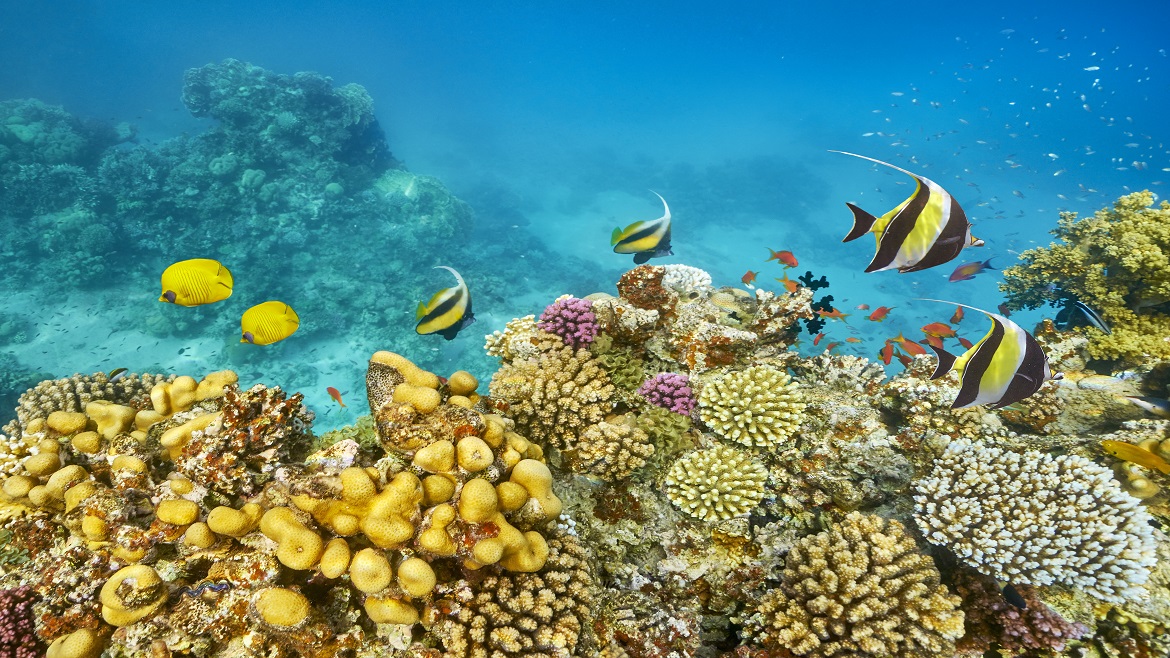But oceans are under attack. They are chronically undervalued, poorly managed, and inadequately governed. The independent Global Ocean Commission issued an alarming report citing overfishing, plastic debris and ocean acidification as the most threatening trends.
These trends are threatening to exacerbate poverty and undermine food security. For example, capture fisheries and aquaculture will need to deliver another 80m tons of fish per year by 2030 to feed the world’s growing population and expanding middle classes.
In the meantime, ineffective fish stock management and illegal fishing waste $75bn—$125bn of global output annually.
The World Bank’s development assistance for fisheries and aquaculture, tourism and coastal resilience, has tripled to over $6bn in the last five years. But the need is far greater.
To protect oceans and responsibly draw on their potential to fight poverty and contribute to long-term, sustained and sustainable economic growth, we need to turn to governments, the private sector and the investor community.
Green swells
Socially and environmentally responsible investments could become a promising way of attracting resources to this urgent task—as already demonstrated on land by The World Bank’s green bonds initiative.
These debt instruments carry the same risks and returns as our other top rated bonds but are dedicated to supporting green projects, such as renewable energy installations or new technologies that reduce greenhouse gas emissions.
Investor appetite for green bonds has surged in recent years. The $35bn issued in 2014 represents a threefold increase year-on-year. Other issuers have entered the market, including national and local governments, as well as corporate entities.
For the blue economy to benefit from this investment success we need to design bankable projects that optimise social, environmental and financial returns. Results from current investments in the blue economy suggest that this approach is possible.
In the Pacific Islands, for instance, multiple investors, including the World Bank Group, are working to strengthen tuna management, create incentives for sustainable management by distant water fishing nations, and attract private investment to investable options that are already providing increased financial returns, better and more jobs, and healthier ocean assets.
Sea of certainty
But despite some examples, obstacles remain. Currently, too much risk, caused by too few established and implemented rules of the game, is chilling investment. Weak public institutions further undermine confidence in the sector. In fisheries, investors worry that illegal, unregulated and unreported fishing, as well as the impacts of climate change, limit the potential returns on investment over the long term.
To move towards greater certainty, the World Bank and partners are supporting countries to get ready for investment in their blue economies. These efforts focus on three areas:
1. Providing data and analysis to inform decision-making on where and how to invest;
2. Working directly with public agencies and fisher cooperatives to design good policies, build their capacity to implement them, and thus act as credible institutions that are ready for investment; and
3. Convening all stakeholders to ensure that public investment and policies lead to stronger governance regimes that will, in turn, attract private investment.
Ocean wealth can drive inclusive, long-term growth: well managed oceans, that attract responsible investments, hold the potential to alleviate poverty today—and avoid it tomorrow.
This opinion piece is co-authored by Sri Mulyani Indrawati, Managing Director and Chief Operating Officer, World Bank and Paula Caballero, Senior Director for Environment and Natural Resources Global Practice, World Bank
The Economist Events will host its third World Ocean Summit: blue economy; blue growth in Lisbon Portugal on June 3rd-5th 2015.
The views and opinions expressed in this article are those of the authors and do not necessarily reflect the views of The Economist Intelligence Unit Limited (EIU) or any other member of The Economist Group. The Economist Group (including the EIU) cannot accept any responsibility or liability for reliance by any person on this article or any of the information, opinions or conclusions set out in the article.




